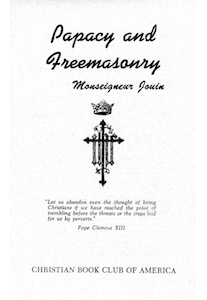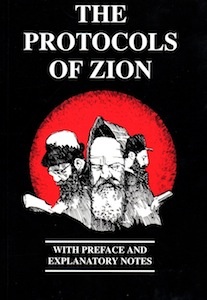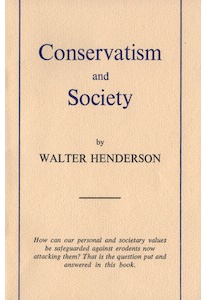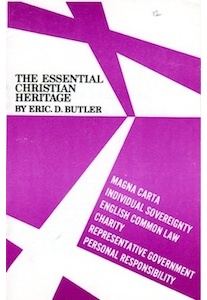| |
The Great Charter of English liberties: the MAGNA CARTA, was first issued by King John, at Runnymede, in June 1215. Immediately after John's death in October 1216, it was reissued in the name of his successor, Henry III, with substantial excisions and alterations. Two subsequent reissues in 1217 and 1225 incorporated further revisions. In the form of the third and final revision of 1225, it was confirmed by Edward I in 1297. A copy of this confirmation was afterwards placed on the first or 'great' roll of English statutes.
Description
Since then, Magna Carta has come to be regarded by Englishmen, and by all who have adopted English laws, as their chief constitutional defense against arbitrary or unjust rule. Its two most famous clauses (§§ 39 & 40) express and give warranty to some of the Englishman's most deeply held political beliefs. Translated from the original Latin they read: “No free man shall be seized or imprisoned, or stripped of his rights or possessions, or outlawed or exiled, or deprived of his standing in any other way, nor will we proceed with force against him, or send others to do so, except by the lawful judgement of his equals or by the law of the land. To no one will we sell, to no one deny or delay right or justice. “
|




